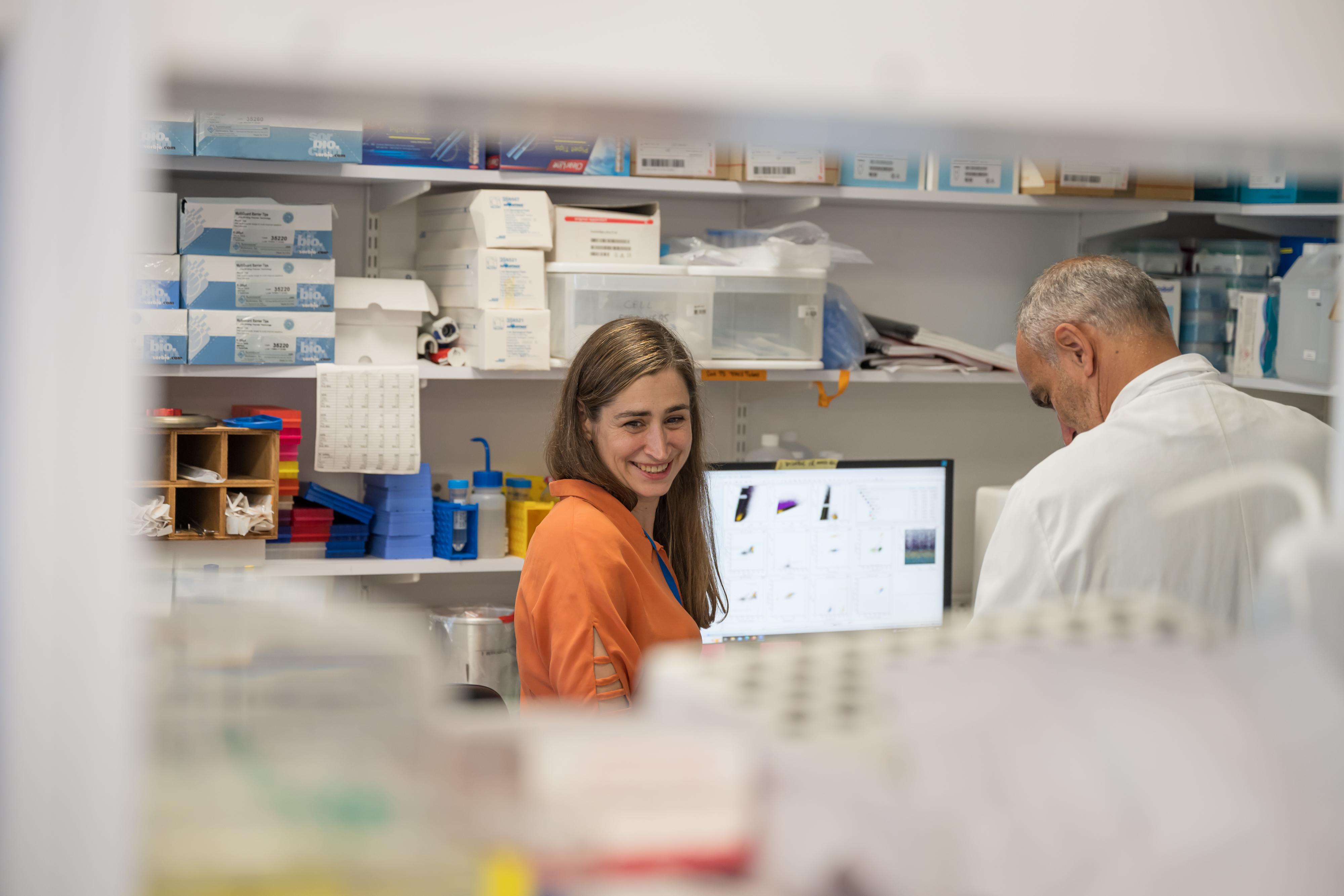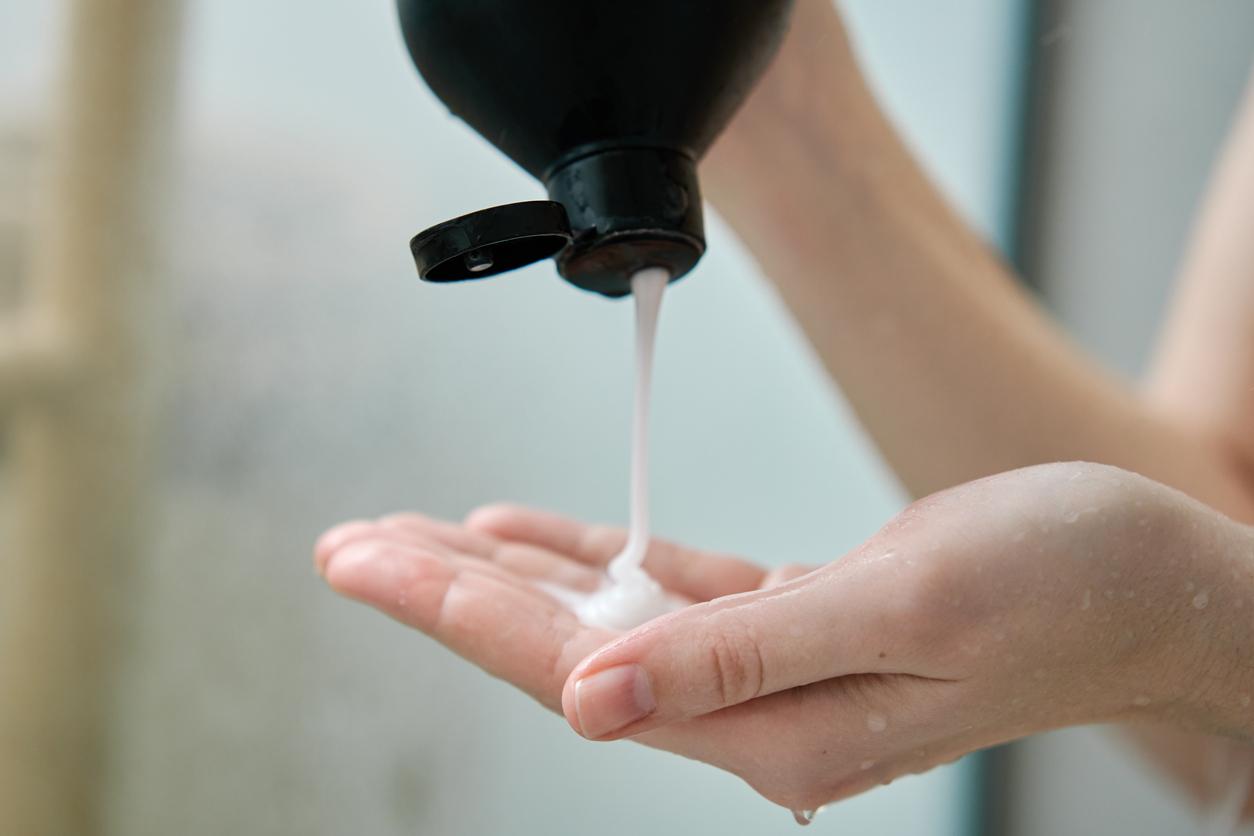8,000 children are born each year with fetal alcohol syndrome. The mother’s dependence on alcohol greatly increases the risk to these fetuses.

In France, one in five women continues to consume alcohol during her pregnancy. For the fetus, which does not metabolize ethanol molecules, the effects are devastating. Each year, 8,000 babies are born with Fetal Alcohol Syndrome. In addition, there are children who suffer from disorders associated with fetal alcoholism. To remind families of the risks, a World FAS Awareness Day is being organized on September 9. Because 57% of French people think that occasional consumption does not present a risk for the unborn baby.
Beyond occasional drinks, 7% of women consume alcohol every day. However, the prevalence of FAS drops from 1 case per 1,000 births to 6% of births when the mother is dependent. The official recommendation is simple: during pregnancy, the “zero alcohol” rule applies. But what about alcoholic mothers-to-be? Elements of answer with two addictologists.
Difficult spotting
The main problem is to identify alcohol-dependent pregnant women. A delicate step to take, especially because of social disapproval. As Mélina Fatseas, addiction psychiatrist at the Bordeaux University Hospital (Gironde) underlines, “this requires raising the awareness of all potential stakeholders as much as possible. »Including early childhood specialists.
At present, this systematic screening for alcohol consumption is rarely carried out, if at all. “For fear of making the woman feel guilty, sometimes because she can accept the question badly and close the door”, estimates Catherine Simon, addictologist at the CSAPA (1) of the University Hospital of Brest (Finistère). Most often, the question arises when an addiction is suspected. “Early identification and referral to addictology units is still difficult for obstetrics teams”, summarizes this specialist. A whole process remains to be applied to each pregnancy.
 Listen…
Listen…Catherine Simon, addictologist at Brest University Hospital: ” You have to be precise: do you drink beer? For some women, alcohol is hard liquor. “
To improve identification, three establishments have decided to reach out to patients, with mobile “addiction and parenthood” units (2). Mélina Fatseas participated in the creation of one of them, affiliated with the Charles-Perrens hospital in Bordeaux since 2010. This multidisciplinary team is made up of addictologists, nurses and psychologists. An important element, but which is not enough in the eyes of this addiction specialist. “We must put in place in maternity referrals for addiction issues, whether midwives, pediatricians or sonographers,” she said.
Less than two drinks a day
Once identified, the pregnant woman can begin an alcohol withdrawal strategy, with the support of medical teams. “It is important to open a dialogue and be in a helping relationship”, in the eyes of Catherine Simon. Not to mention that the link between the different professionals is essential and the approach must be considered over the long term. Pregnancy cases have, in any case, a priority place in the agenda of the CSAPA(1). “Taking care of them also means thinking about the child who arrives and how he is welcomed,” underlines Catherine Simon.
 Listen…
Listen…Catherine simon : ” It is important to be present more frequently, because people who have difficulty with alcohol are often not used to being taken care of. “
The mobile teams can help in the dialogue around alcohol withdrawal, with quick and privileged meetings outside a hospital setting. They thus fulfill their first mission: to facilitate access to care, in connection with maternity hospitals.
For the Reference Center on Teratogenic Agents (CRAT), there is no doubt: treatment is necessary for any addictive alcohol consumption. If total weaning is not possible, a reduction in consumption remains beneficial. It sets a goal of two drinks a day, or less, and this throughout gestation. In practice, modulation may be necessary depending on the capabilities of the patient and her environment.
 Listen…
Listen…Catherine simon : ” We can offer total abstinence. But we know that for some women, it won’t be that simple. “
Follow-up after birth
These approaches can be non-drug – they then go through body mediation and meditation-type approaches – or pharmacological. “This can be a withdrawal treatment or antidepressants, if the patient’s condition requires it,” illustrates Catherine Simon. Several drugs are indicated for alcohol dependence, but not all are suitable for pregnancy. Of the three molecules authorized, only nalmefene is not recommended, due to lack of evidence. The case of the highly publicized baclofen is more specific: it benefits from a temporary recommendation for use (RTU). Women must therefore take contraception.
After pregnancy, follow-up should continue, as addictions also affect the child’s development and education. Here again, specialized mobile teams are proving to be invaluable support.
“Home visits make it possible to better assess the environment of the mother, but also of the father,” confirms Mélina Fatseas. We can assess parenting practices and skills, possibly the difficulties with the child. ”Not to mention that a privileged relationship can be established with the care team. A close link with maternal child protection centers (PMI) and social services is of course necessary.

(1) CSAPA: Center for Care, Support and Prevention in Addictology
(2) Three “addictions and parenthood” mobile units exist in France, at the Charles-Perrens hospital in Bordeaux, in Marseille (LE FIL ROUGE – AMPTA) and at the Avicenne hospital (Bobigny, Seine-Saint-Denis).
.

















